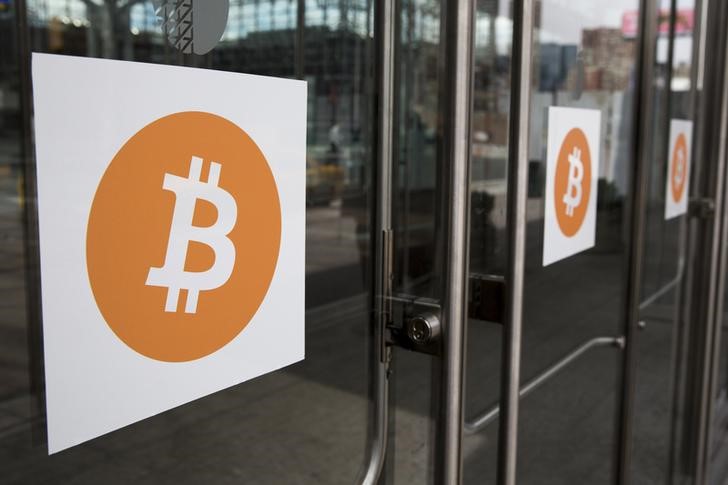By Dirk Lueth, co-founder of Upland
Mark Cuban's interview on the Altcoin Daily YouTube channel sparked headlines this week, as he called digital land in the metaverse "the dumbest shit ever." The more interesting part of the interview however, was Cuban's thoughtful analysis of innovation in Web3. Projects "finding new ways to do business," he said, is where he is looking to invest. Cuban rightfully pointed out that web3 innovation needs an iPhone-y / App Store-y platform moment. As more people bought iPhones, it made sense for developers to invest in creating apps for this platform, thus feeding the value loop. What Cuban missed is that metaverse land is an essential part of building a Web3 economy that will be THE platform moment for Web3.
Land is not "dumb", it is necessary. The 4 factors of production in an economy are capital, labor, land and entrepreneurship, which is explained in more detail in my co-authored book "Navigating the Metaverse". Capital is human-made goods that assist in the production of other goods. In the non-meta economy, capital can be machines, while in the metaverse it can be using tools like Blender to create a 3D file. Labor is the human effort. UGC created models, art skins and more are a great example of Labor that uniquely allows for direct contribution at scale through Web3 tools. Entrepreneurs combine the three other factors of production: land, labor and capital to create value. Land, even if virtual, can be seen as a platform for these entrepreneurs. Said differently: Like in the real world, without land, value creation is hard or even impossible because goods need to be produced and placed somewhere.
We in Web3 must admit that Cuban's skepticism of metaverse land is justified given the economics of many projects out there. The misalignment of incentives between land-owners and game players creates a speculator-spectator scenario where those who could bring value are not those who would enjoy the value creation. Such a system will not create a community which, as Cuban rightfully pointed out, should be a prerequisite to land sale. But does that mean community should also predate land? Or perhaps we can balance land scarcity with the growth of the community?
Taking the community-centric approach with the Otherside project as an example, Cuban (an investor in Yuga Labs) said the only utility he can think of for land is it serving as an access token. I'll take the "access" part but differently: What he got wrong is that the potential lies not in access to an exclusive members' club, but in serving as an access point to participate in a new way of doing business. For example, in Upland - a non-fiction metaverse mapped for the real world - land ownership is a gateway to the economy. It is needed to run and operate a shop, as well as have a factory that produces User Generated Content "UGC" or branded digital goods which are in demand by various stakeholders of the economy. Land in the Sandbox metaverse are spaces where experiences are built by brands.
We built Upland as an entrepreneurial metaverse, which means the community is a fundamental factor in our economy. Take the newly introduced Cars as an example: The manufacturing of cars as digital assets requires buying land, building a factory, and staking resources to manufacture a car. Some car models are a UGC design, whereas some will be real world car brands that have a rev-share IP agreement with the community member producing the cars. The cars will have utility of racing, but also provide utility within the game mechanics as they transport the users across the metaverse. Land is needed for car showrooms, racing tracks and academies, artists' "skin" shops, and more. Soon, we will see entrepreneurs developing ride-sharing apps to allow users to drive other community members around. This may seem like unnecessary friction, but these mechanics are meant to gamify the metaverse and create incentives to build community and economy while incentivizing entrepreneurship. The land in utility format is as critical to discoverability as the App Store itself.
Of course, there is speculation, but I believe much of it comes from what people imagine they and other entrepreneurs can do with this land. The price can be defined as the total future value that can be extracted by owning the land. They're not sure what it's going to look like, but they know they are contributing to the value accrual of their assets by participating in the economy and building communities around it.
Coupled with the innovation of Web3 and true ownership of digital assets, some of today's metaverse ‘games' will evolve to be the platforms of tomorrow. As communities grow around sound and open economies, developers, designers, service providers and others will utilize the land as a discoverability access point to build killer applications using web3 tools, making it a true creator platform. Creators will build services, experiences, games and whatever is in demand in the economy. And just like for the iPhone, these killer apps and digital assets innovation will enhance the value of metaverses - and the land that is at the core of their economies. This will be the big moment for web3, and a new way of doing business blurred with entertainment and real-world "features".
Dr. Dirk Lueth is the co-founder and co-CEO of Upland.me. He has a PhD in Economics writing his doctoral thesis about private and state-controlled currencies. A serial entrepreneur, Dirk co-founded European and US-based companies in the FinTech and digital media spaces, including the Financial Times Deutschland and Forbatec acquired by SunGard (today NYSE:FIS). Dirk co-initiated the Open Metaverse Alliance for Web3 (OMA3™), a collaboration of Web3 metaverse platform creators.
© 2022 Benzinga.com. Benzinga does not provide investment advice. All rights reserved.
